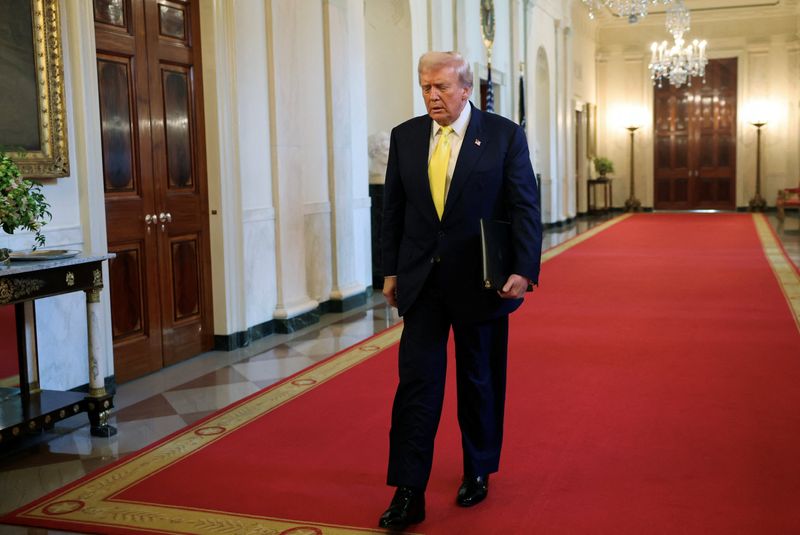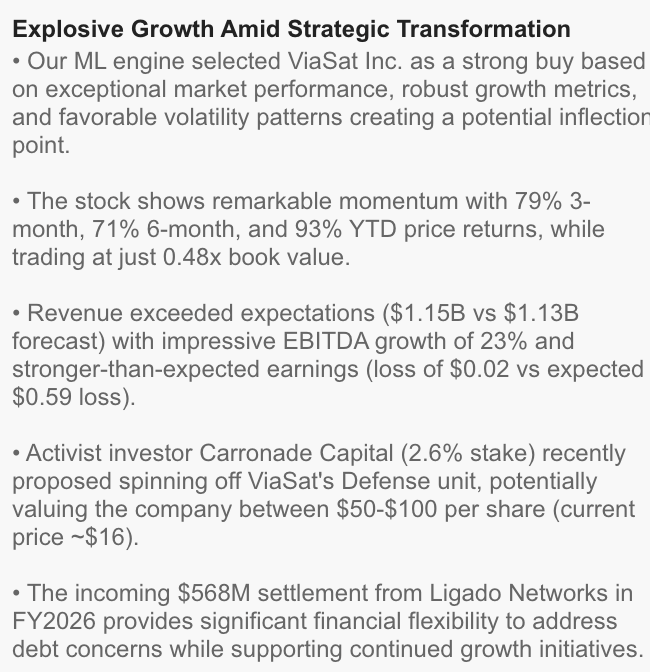Smallcap stocks dip amid FII selling, tariff concernsMumbai, Aug 10 (IANS) Broader indices lagged behind benchmark indices, declining for the third consecutive week as US President Donald Trump threatened 50 per cent tariffs on Indian goods.
BSE largecap and midcap indices fell 1 per cent each this week, while the BSE smallcap index declined nearly 2 per cent.
The Nifty smallcap 100 dropped 8.31 per cent in a month, closing at 17,478. The Nifty midcap 100 fell 5.62 per cent in a month ending at 57,094.
PG Electroplast, Kitex Garments, Titagarh, Ramco Cement, Unichem Laboratories, Morepen Laboratories and Advait Energy Transitions reported declines of 6 to 24 per cent.
Market volatility amid mixed quarterly earnings and ongoing foreign institutional investor selling following the US new tariffs on India, resulted in underperformance of broad cap indices.
Foreign institutional investors (FIIs) net sold equities worth Rs 10,652 crore, marking their sixth consecutive week of selling. Domestic institutional investors (DII) continued their buying streak in the 16th week, purchasing equities valued at Rs 33,608.66 crore.
On the sectoral front, Nifty Pharma, Realty, FMCG, and Healthcare sectors fell by 2 per cent each. In contrast, PSU Bank, media, and metal sectors increased by 0.5 to 1.5 per cent.
Small caps outperformed large-caps in 2024 but began 2025 with cautious outlooks due to high valuations and possible earnings slowdown. At least 10 penny stocks, primarily small-caps, have dropped 60 to 80 per cent in FY26 so far.
On the sectoral front, domestic demand-driven segments such as infrastructure, select autos, and rural-focused FMCG may display relative resilience if macro conditions hold steady, analysts said.
Ajit Mishra from Religare Broking Ltd said, "The Nifty's close below 24,450 has increased the risk of further correction, with immediate support placed near 24,200. On the upside, resistance is expected around the 24,600–24,800 zone, with a stronger barrier at 25,200."
"Broader market indices remain vulnerable given their higher beta to FII outflows. Any rebound is likely to be short-lived unless accompanied by easing trade tensions and a reversal in FII flows," he added.

 2 hours ago
1
2 hours ago
1






















 English (US) ·
English (US) ·